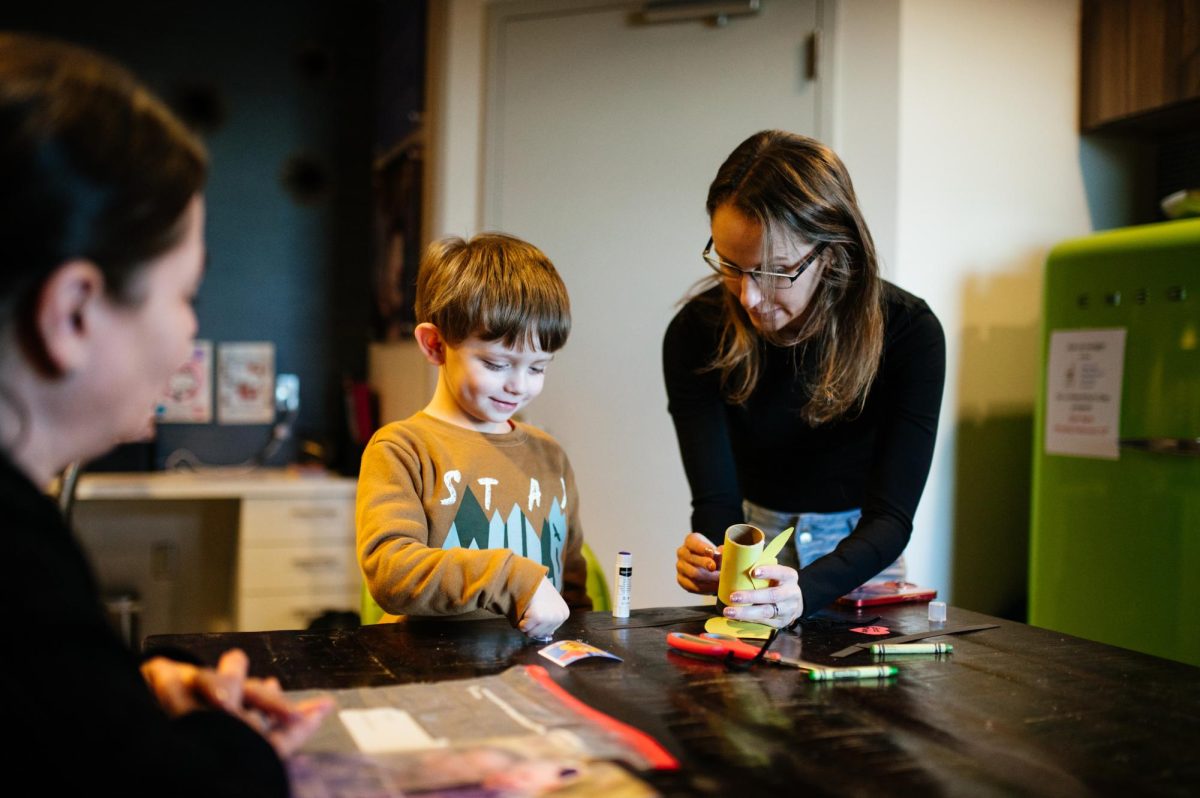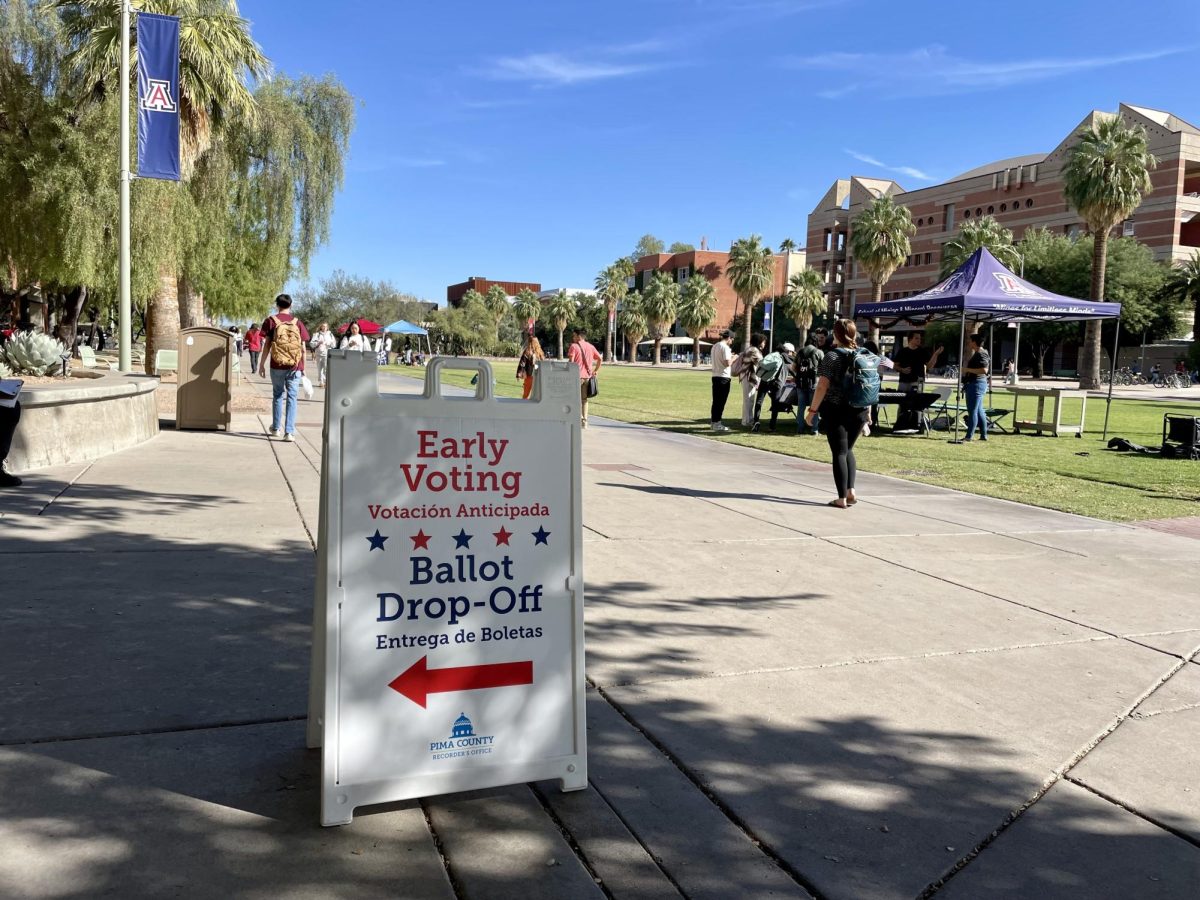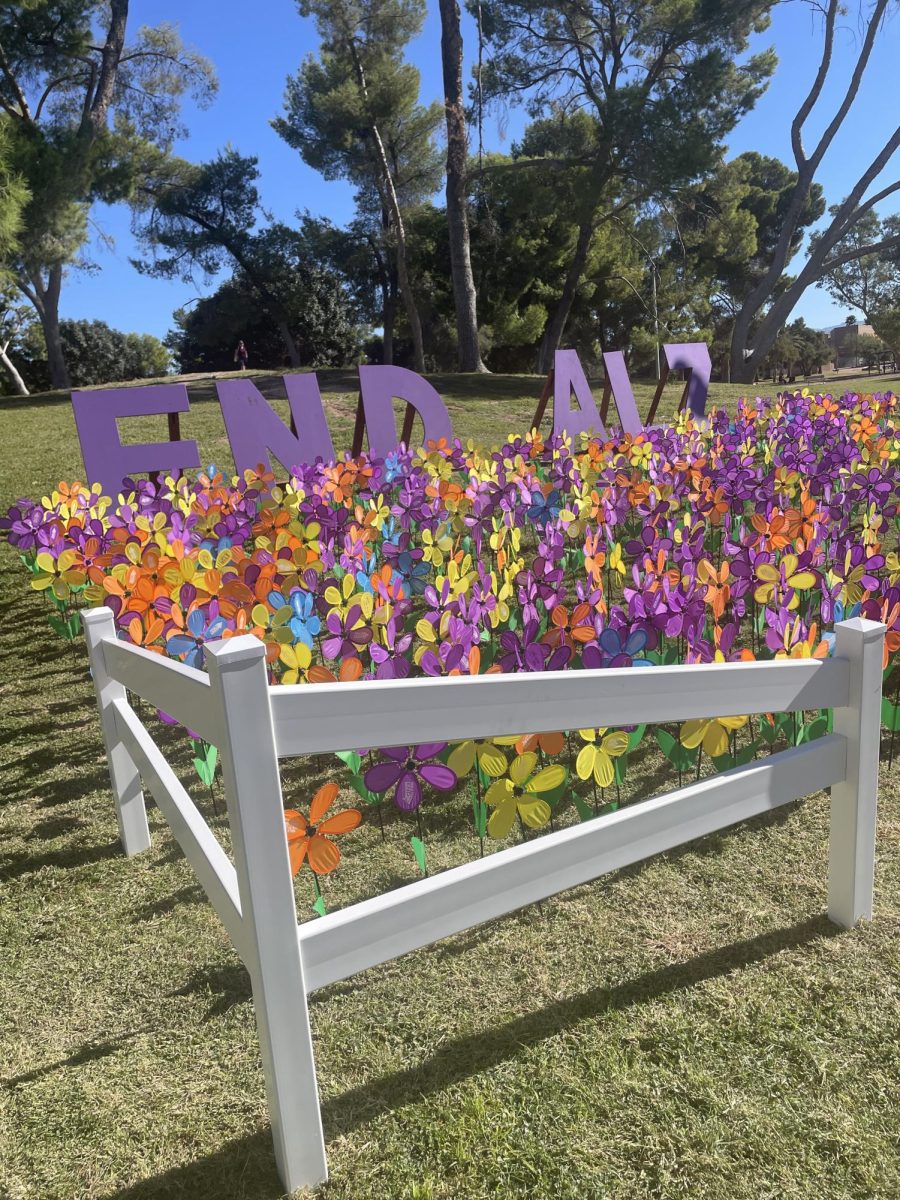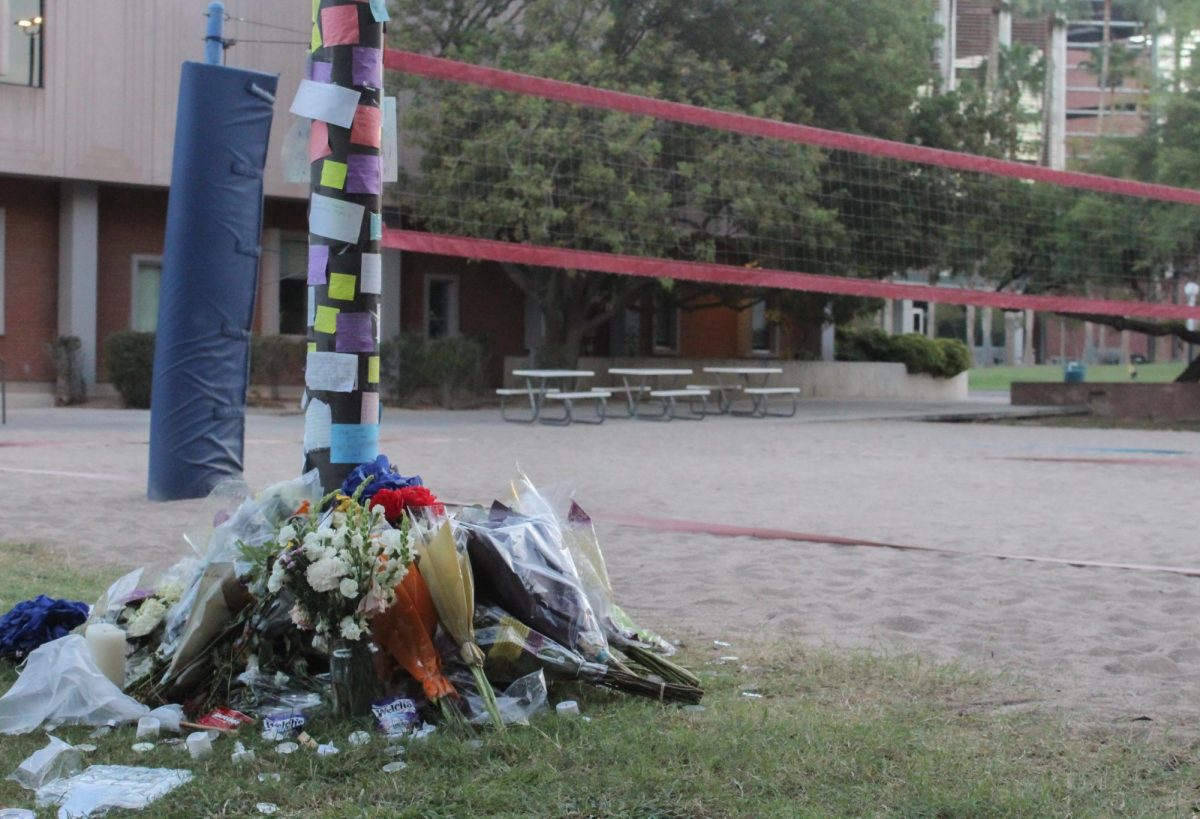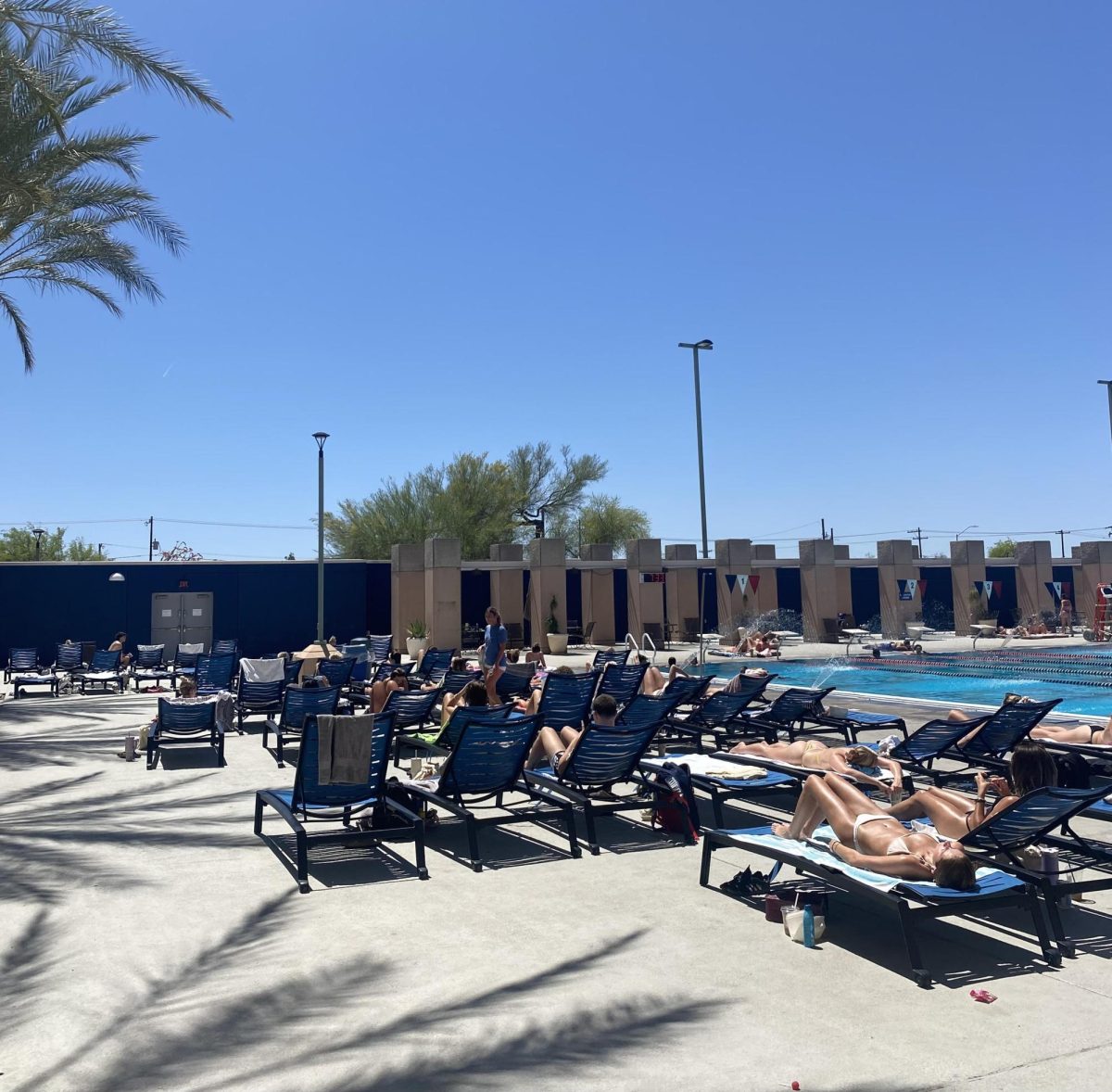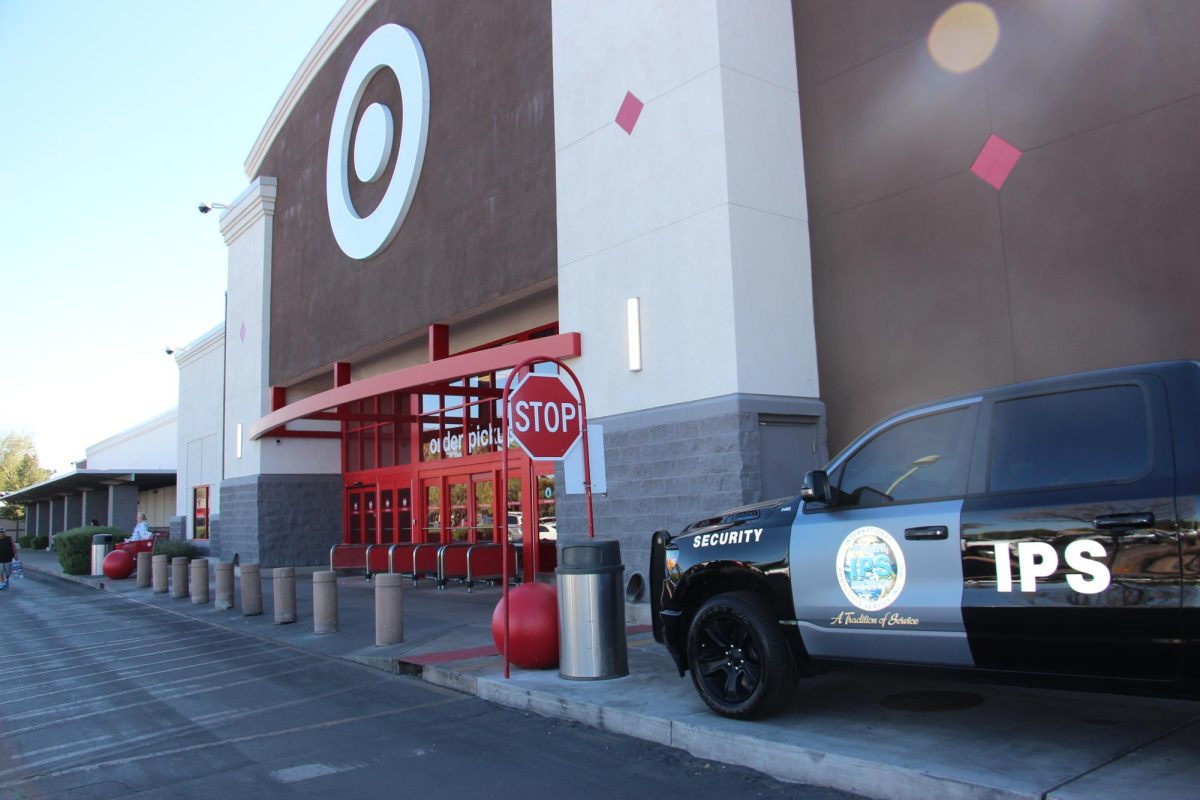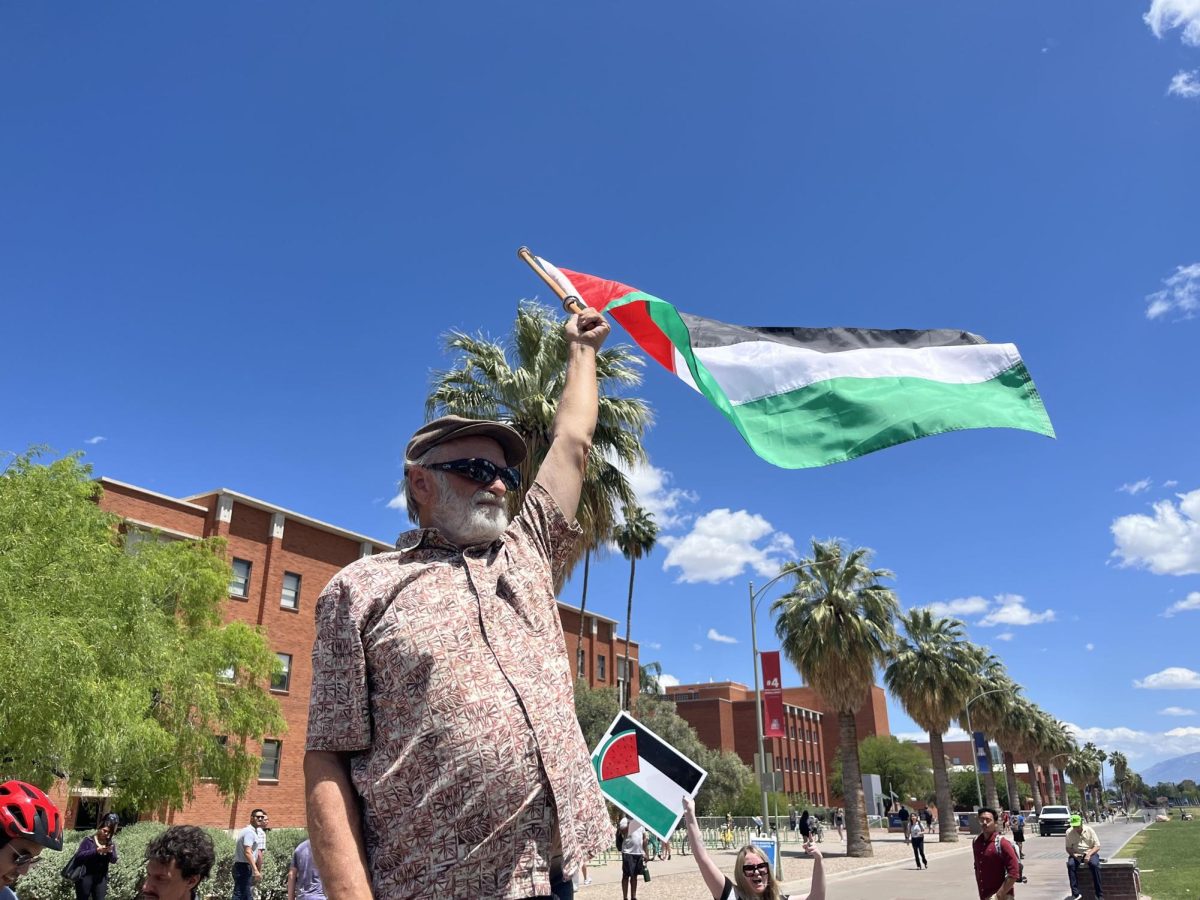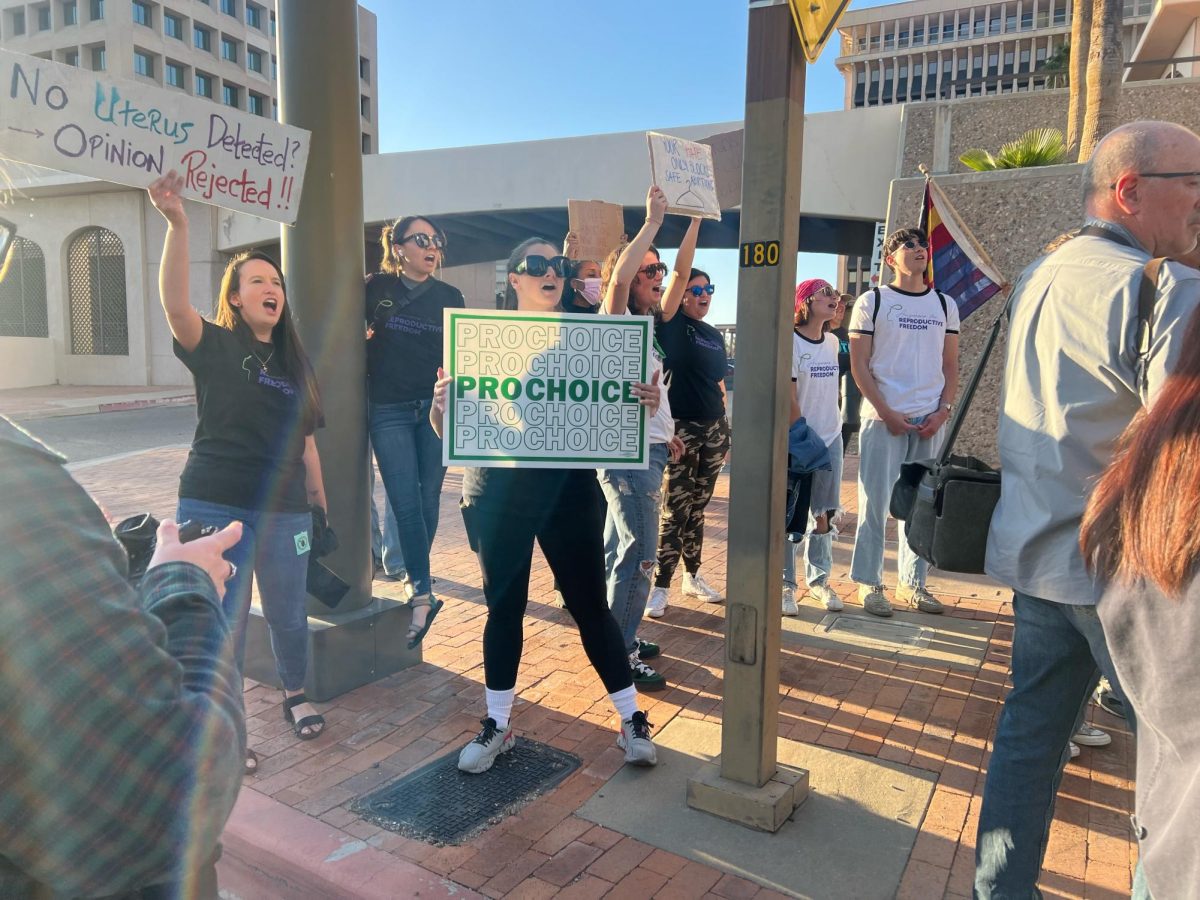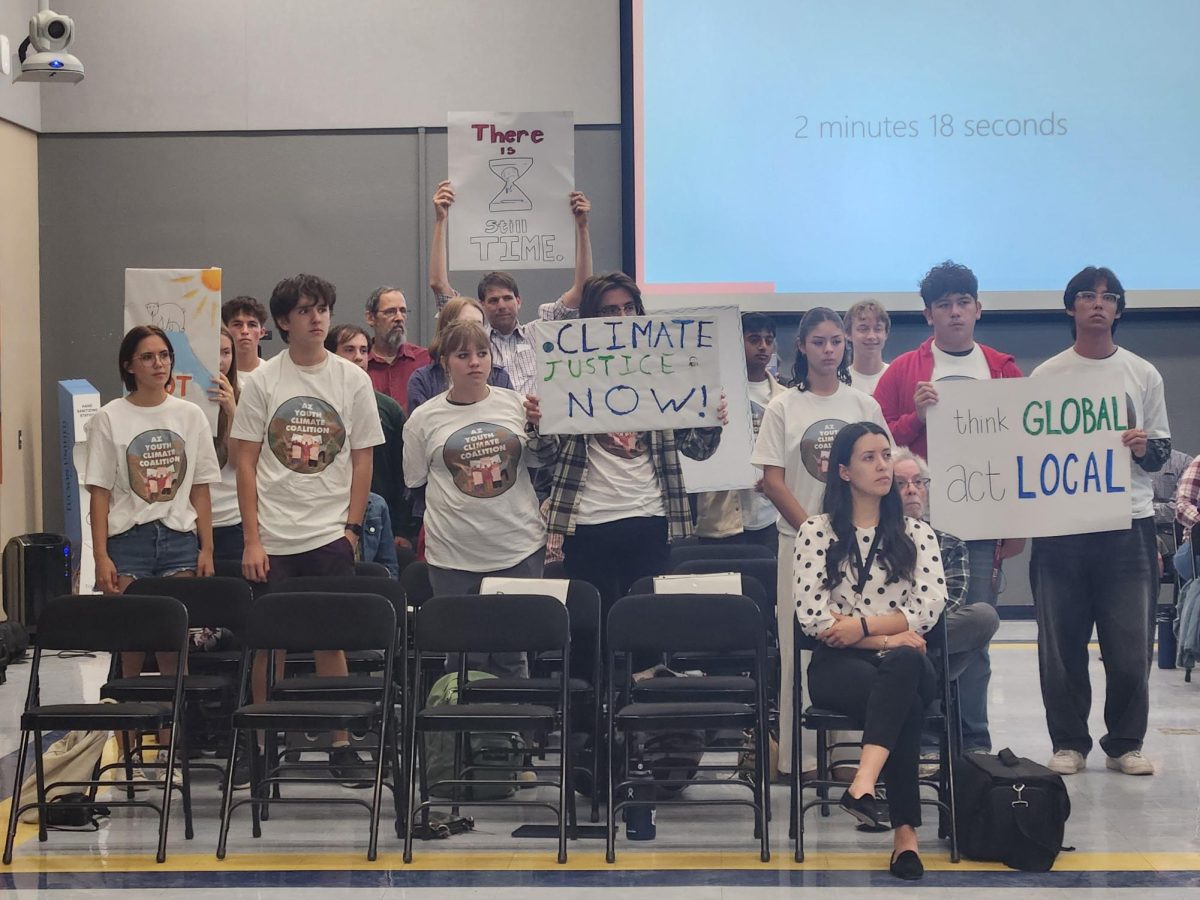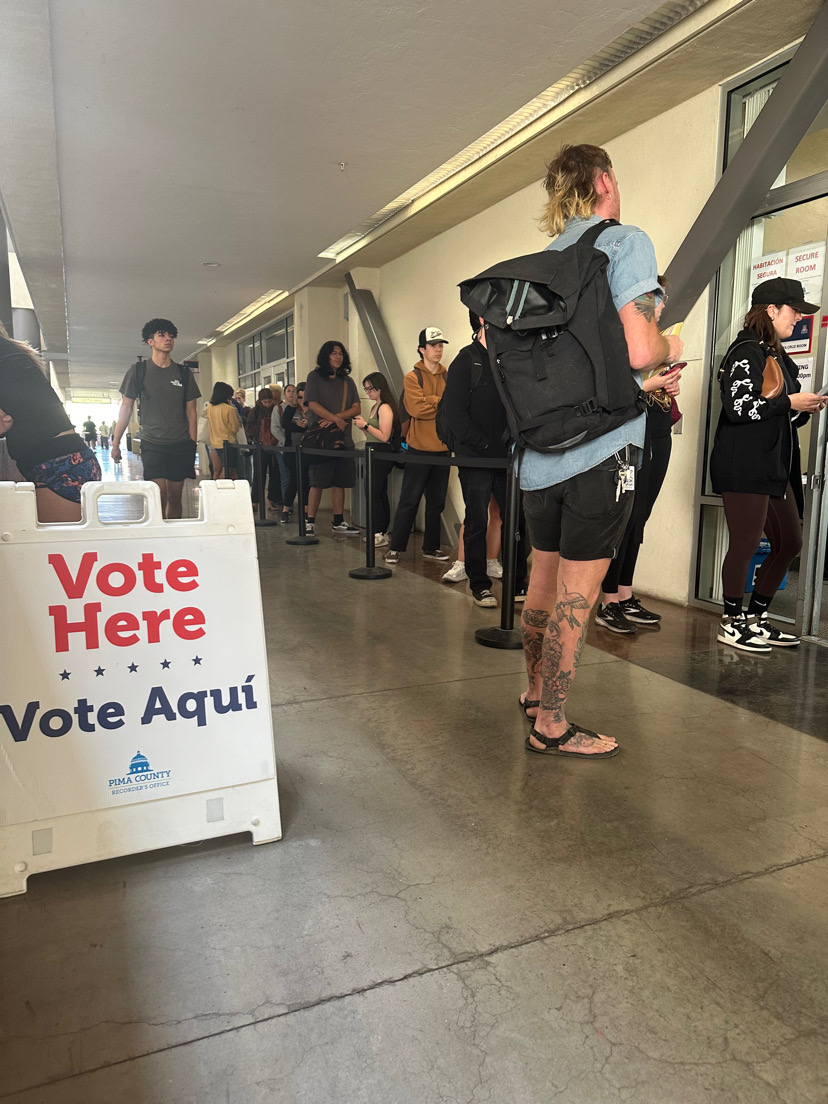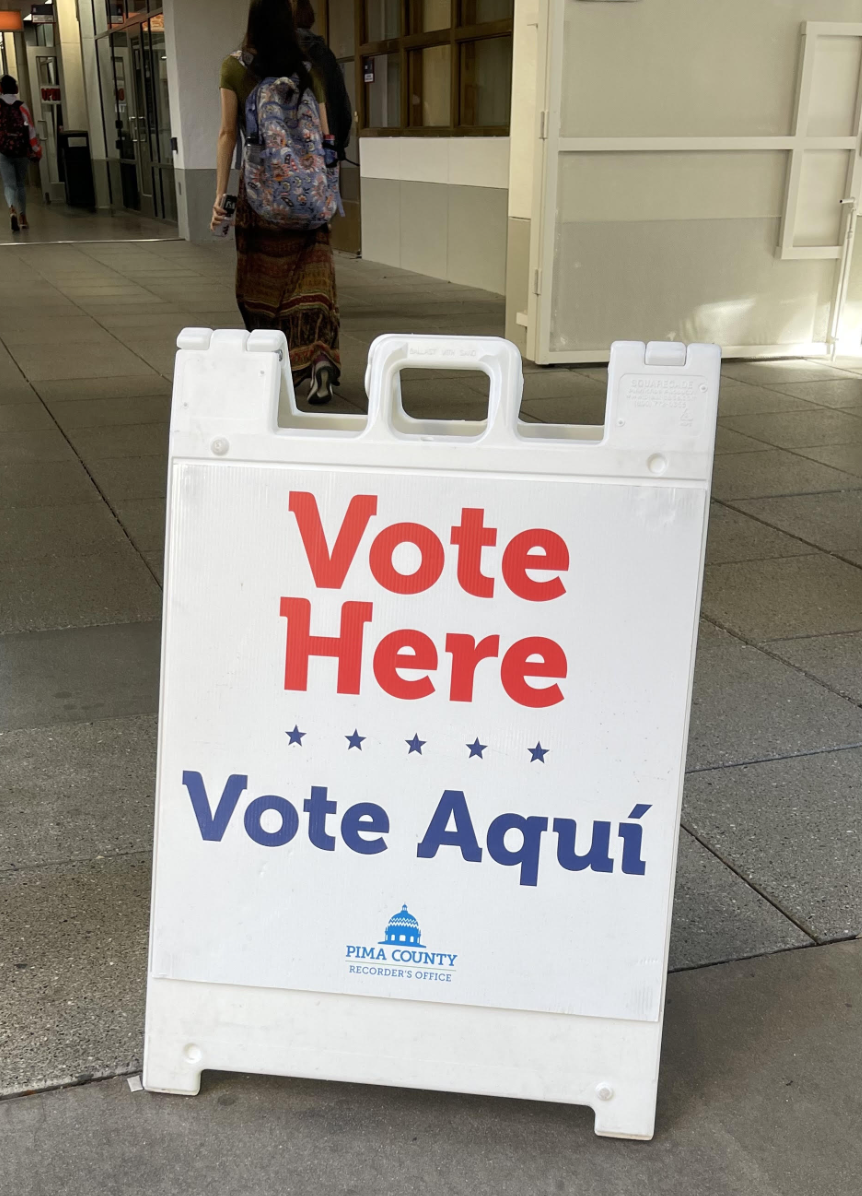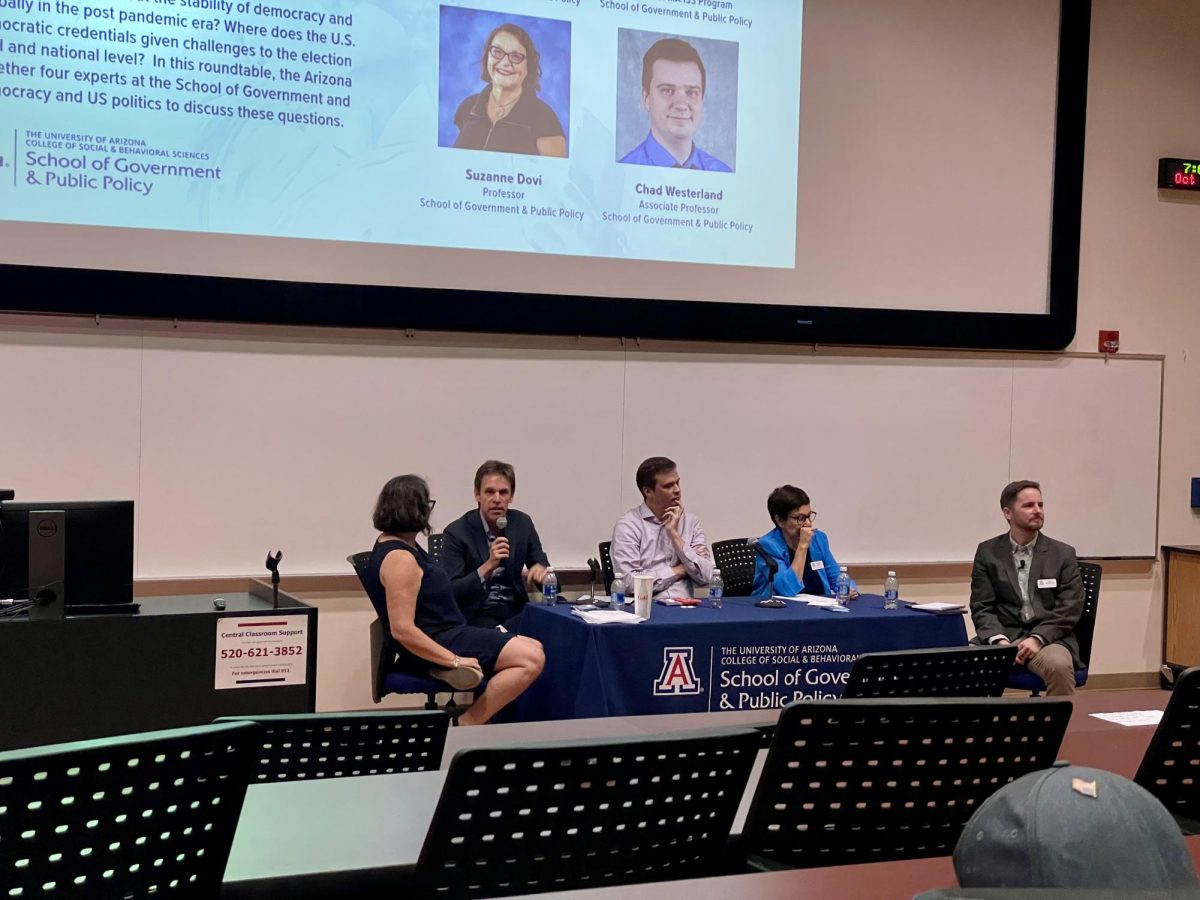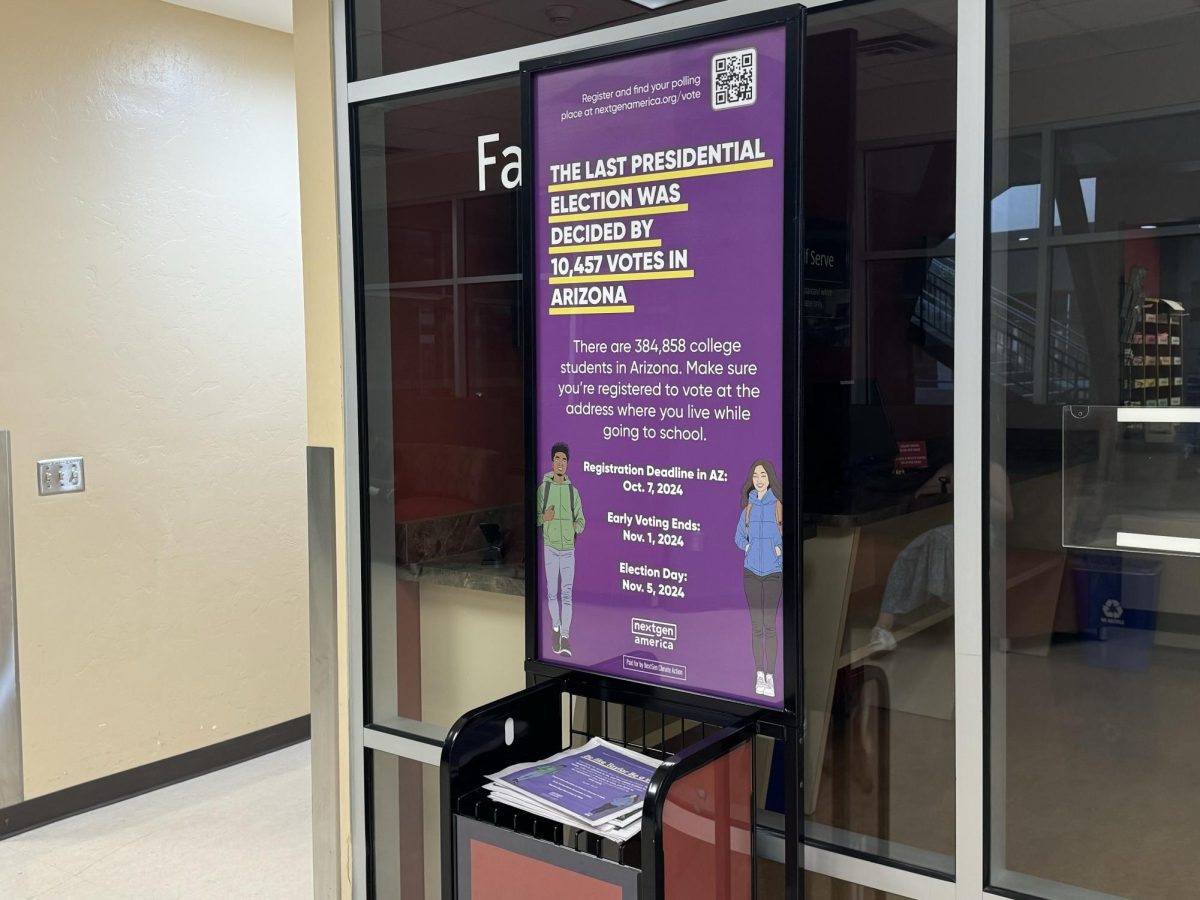The reinstatement of Arizona’s Civil War era abortion ban leaves Arizonans with limited access to safe abortions and has abortion providers up in arms.
The state Supreme Court on April 9 upheld an 1864 Arizona abortion law that prohibits nearly all forms of abortion, with exceptions in cases that threaten the life of the mother, would become enforceable on April 24. The law punishes anyone who performs, supplies or administers an abortion with up to two to five years in prison, with no exceptions for pregnancy caused by rape or incest.
Abortion care activists and pro-choice organizations are scrambling to inform Arizonans about care that is still available, understanding that certain demographics will be hit particularly hard by the ban.
“We’ve been waiting for them to make this decision about the (state) Supreme Court case,” said Sarah Tarver-Wahlquist, one of the founding members of Tucson Abortion Support Collective. “It shows how fragile the balance is all the time.”
Arizona began waging war on safe abortion access immediately following the U.S. Supreme Court overturning Roe v Wade in 2022. The federal court ruling prompted a series of restrictive rulings by states across the U.S., including Arizona, which outlawed abortion after 15 weeks.
Then in September of that year, a Pima County Superior Court upheld the 1864 state law but before it could be enforced, the Arizona Court of Appeals granted the American Civil Liberties Union of Arizona and the Center for Reproductive Rights an emergency stay.
“The anti-choice movement and policies have really been making us beg for crumbs,” said Tarver-Wahlquist. “When we had access again, we were at 15 weeks instead of 20, but it felt like a relief. It felt like a victory because it was better than nothing.”
The Tucson Abortion Support Collective was founded in 2017 with the intention of simply providing emotional and logistical support to patients in Southern Arizona. Tarver-Wahlquist said that the collective’s original functionality of helping people with transportation and accessing information quickly evolved into directly providing monetary support for patients in 2019.
“We found pretty early in our work that the biggest problem people had was funding,” said Tarver-Wahlquist, “We started funding abortions a couple years after we started.”
The collective helps fund abortions by providing a pledge to the patient’s clinic, which then pays for a portion of their medical bill. The collective is supported by community donations.
Tarver-Wahlquist said the collective experienced an extremely busy 2023 and attributes that spike in clients to an increased familiarity between Tucson abortion clinics and the collective.
“My guess is that we were just more visible. As time goes by we worked more directly with clinics until it starts to be a thing where someone at the clinic gives the patients our number,” said Tarver-Wahlquist.
The only two abortion clinics in Tucson are Planned Parenthood and the Choices Women’s Center.

Choices Women’s Center, at 5240 E Knight Dr, still offers abortion care until Wednesday, April 24
After the April 9 court ruling Beth Brinkman, senior litigation director of Choices Women’s Center, issued a statement saying, “Today’s catastrophic decision out of Arizona is quite literally sending the rights of pregnant people back to the 1800s.”
“This draconian ban will make it dangerous for people to be pregnant in Arizona and will put more pressure on providers in surrounding states, like New Mexico, that continue to experience a profound increase in out-of-state patients,” she said in the statement.
This forces traveling patients, after meeting with their physician, to either seek out a motel or drive back to where they came from to wait the full 24 hours.
“Those kinds of laws are there intentionally to put a barrier and make it more difficult,” said Tarver-Wihlquist.
Arizona is one of the many states in the nation that doesn’t cover abortion care with state Medicaid. Arizona also doesn’t allow patients to receive access to medication abortions via Telehealth and requires patients under 18 to receive permission from a parent, legal guardian or the approval of a judge, restrictions that neither New Mexico nor California require.
Tarver-Wihlquist said that the best way to support abortion rights is to donate to abortion funds like the Tucson Abortion Support Collective.
“And I’m not just saying that because I’m part of one,” she said, “But those are the groups that are working most directly with people that are immediately impacted.”
While the entirety of Arizona is impacted by this ban, individuals unable to take time off of work and travel out of state will be most directly barred from receiving any form of abortion care.
“It is really important to remember that a lot of people are just not going to be able to get care,’ said Tarver-Wihlquist. “It’s not a matter of getting everybody to a different state; it’s the fact that a lot of people are going to be forced to continue with a pregnancy,” said Tarver-Wihlquist.
Another abortion fund working directly with impacted people is the Abortion Fund of Arizona, meanwhile, is “preparing to have the pathways to get people out of state,” said its systems and communications director Amanda Mollindo, Director of Systems and Communications at the fund.
The Abortion Fund of Arizona is a helpline for patients seeking abortions in Arizona. It was founded in 2018 and like the Tucson Abortion Support Collective, uses community donations to offer financial assistance to patients seeking an abortion.
“There are typically no other financial resources for abortion care besides paying out of pocket because it is so restricted here in Arizona,” said Mollindo.
Since the Dobbs decision that overturned Roe v. Wade in 2022, the Abortion Fund for Arizona has assisted around 1,500 callers. During the last total abortion ban, they were able to help 55 patients travel out of Arizona to receive safe abortions in other states.
“Ultimately, we are looking at a landscape where people are going to have to go out of state to access safe abortions,” said Mollindo.
Mollindo said that since Dec. 30, 2022, the Arizona Abortion Fund has helped 194 callers get out of state. In 2023 alone, they supported 861 patients, 74 of whom lived outside of Arizona.
“We were one of the states where we did have people come in from Texas and we did have people come in from Southern states and elsewhere, where these restrictions were happening and now we can no longer offer that,” said Mollindo.
Mollindo said that a majority of the Abortion Fund of Arizona’s resources are supported by small dollar donors and that in what looks to be an approaching era of uncertainty surrounding access, community support and continuing a conversation about abortions rights is vital to the integrity of the cause.
“We have these peaks where all attention is on reproductive access and abortion rights,” said Mollindo, “and then the complacency sets in and people forget. I’ve been involved in this work for probably about eight years now and it’s really hard to see when people forget.”
Other reproductive rights collectives including Arizona for Abortion Access have already taken action by securing over 500,000 signatures to ensure that abortion access is present on the Arizona ballot in November.
Arizona Sonoran News is a news service of the University of Arizona School of Journalism.




